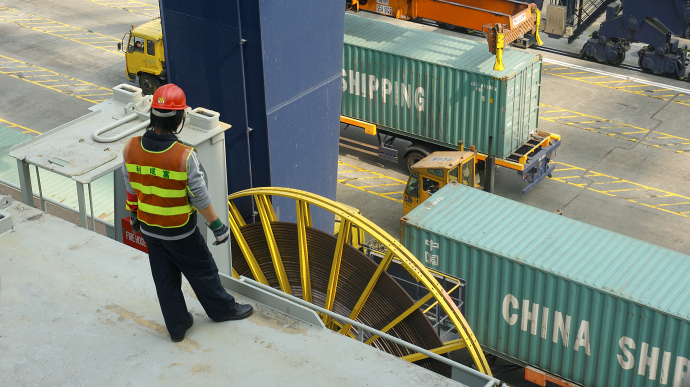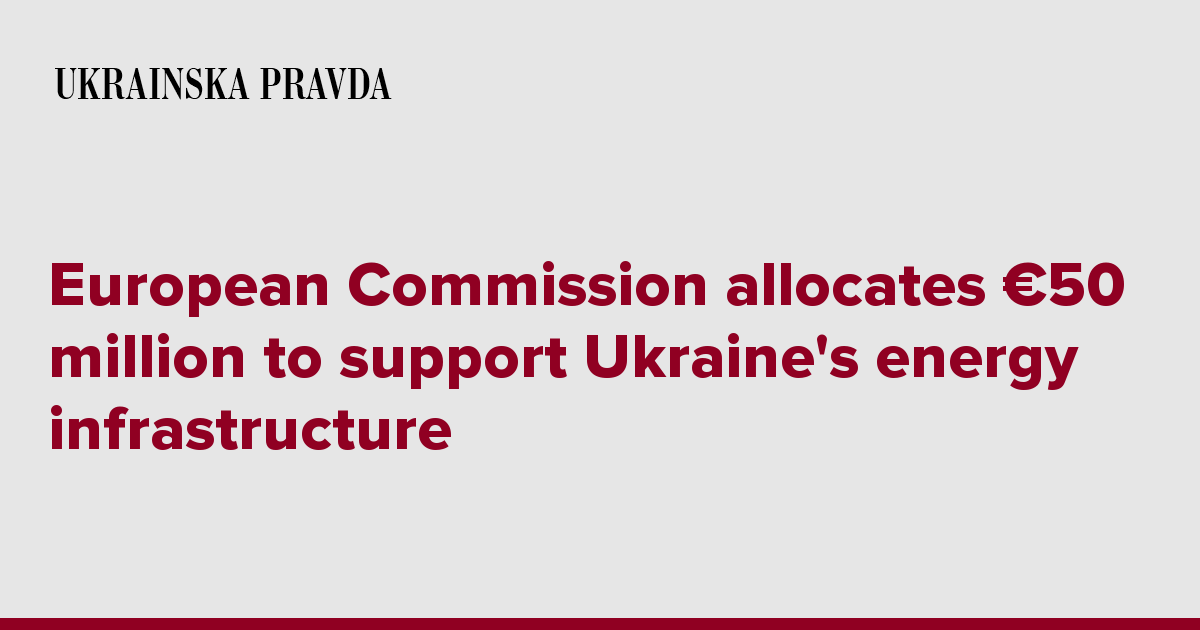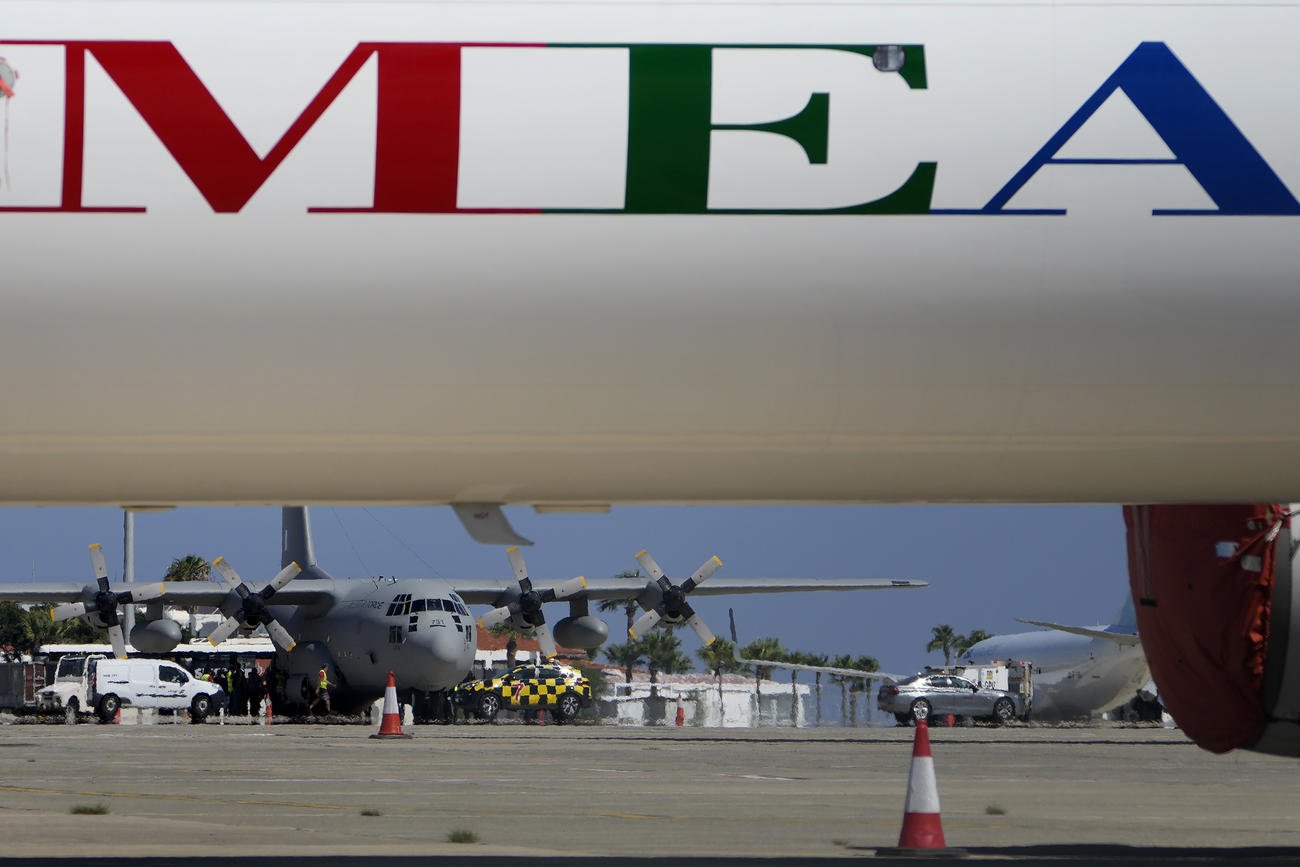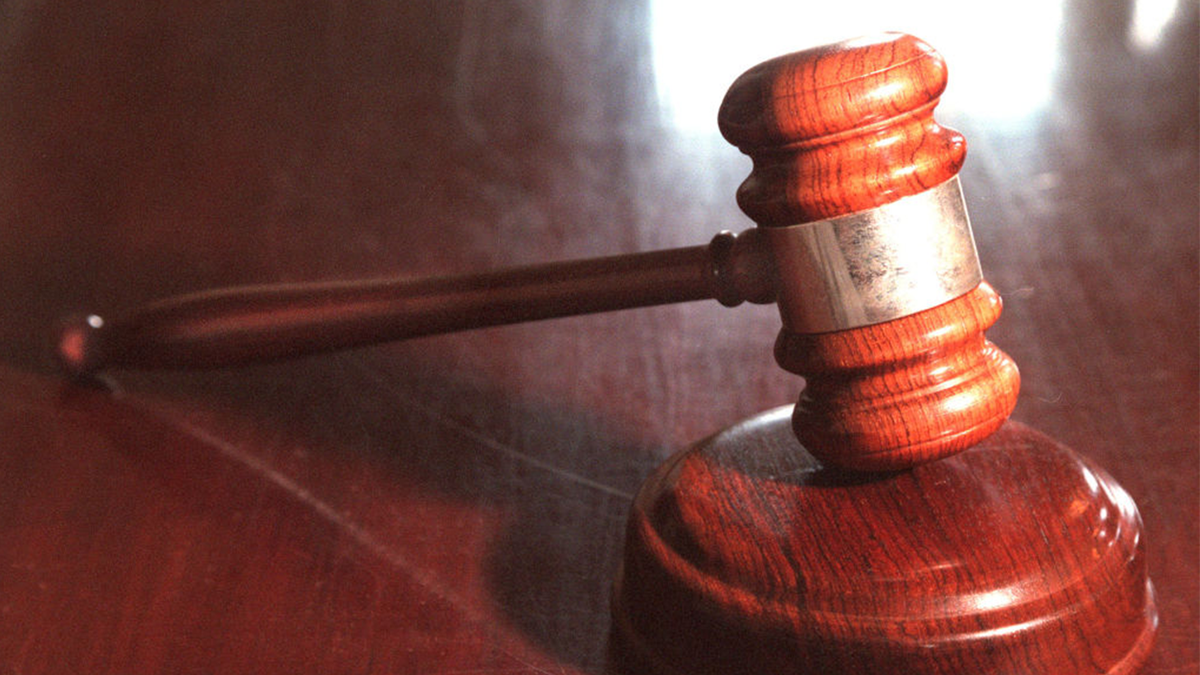EU has imported €13.7 billion worth of raw materials from Russia since start of full-fledged war
The European Union continued importing "critically important" raw materials, such as titanium and nickel with the total worth of €13.7 billion from companies related to the Kremlin since February 2022.

The European Union continued importing "critically important" raw materials, such as titanium and nickel with the total worth of €13.7 billion from companies related to the Kremlin since February 2022.
Source: investigation of the Investigate Europe portal based of the data of the European Statistics Service and the European Commission Analytical Centre – Joint Research Centre
In 11 packages of sanctions against Russia, the EU provided for the exceptions for 34 types of "critical" raw materials, the supplies of which cannot be replaced due to the required speed of these supplies, their cost or global deficit.
Thus, the EU is badly in need of these resources since they play an important role for electronics, solar panels and electric vehicles, as well as for traditional industry branches, such as airspace and defence sectors.
According to the analysis of Investigate Europe, from March 2022 to July 2023, the EU imported €13.7 billion worth of "critical raw materials" from Russia, while the cost of supplies this year exceeds €3.7 billion.
These funds go not only to Russia’s budget but also to companies related to the Kremlin.
- For instance, Vsmpo-Avisma is the world's largest titanium manufacturer based in Russia; it is connected with Sergey Chemezov, an oligarch close to Vladimir Putin, and it still has not been added to the sanctions list of the EU. This company has received US $308 million during the analysed period. Among the clients of Vsmpo-Avisma there is Airbus, the European aerospace giant.
- The Russian Nornickel, the world leader in palladium and high-quality nickel manufacture, was exporting a US $7.6 billion worth of nickel and copper, and over US $3 billion worth of platinum and rhodium to the EU from March 2022 to July 2023. The EU has not imposed sanctions on Nornickel.
- The Russian aluminium giant Rusal owns the EU's largest aluminium refinery in Ireland and a metallurgical plant in Sweden. In 16 months since the beginning of the full-scale invasion of Ukraine, Rusal has imported to the EU countries at least US$2.6 billion worth of aluminium.
The EU unofficially admits the problem and is trying to reduce the dependence on Russia's critical mineral resources. A European source explained to Investigate Europe that abrupt implementation of the sanctions may cause a rise in prices, harming the EU and helping Russia earn even more.
This is not the only example how Russia manages to earn on the trade with the EU under sanctions. Last week, the media found out that Russian oil may be imported to Germany through a Rosenft affiliate, Rosneft Deutschland GmbH, which allegedly imports it from Kazakhstan.
Support UP or become our patron!



